
A clear problem creeping into the national dialogue is that patients with psychiatric issues all too frequently receive substandard medical care in the hospital setting. This points to the need to look for integrated approaches.

A clear problem creeping into the national dialogue is that patients with psychiatric issues all too frequently receive substandard medical care in the hospital setting. This points to the need to look for integrated approaches.
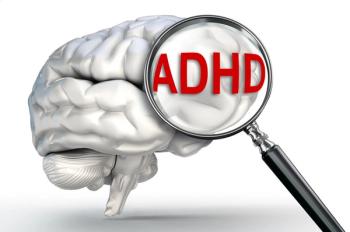
This CME identifies the sources of treatment-resistant ADHD in adults and focuses on preventing misdiagnosis and optimizing treatment.

A small study finds that thyroid function may meditate treatment efficacy in patients with AD.

A novel compound holds promise for addressing cognitive deficits in schizophrenia.

Researchers accumulated information on self-reported emotion regulation in patients with current and remitted MDD. Then, they crunched the data.
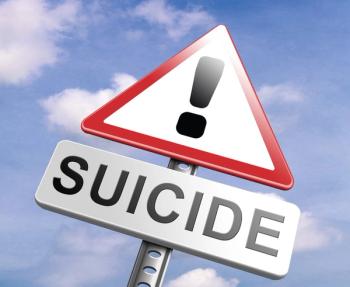
Like the song New York, New York, if we can succeed in reducing suicide in physicians, we can do it anywhere.

Upon Charles Krauthammer's death, his friend George F. Will wrote that when asked about how he became a columnist, he remarked, "First, you go to medical school.”

More than any other medical specialty, we sometimes feel compelled, and empowered, to treat patients against their will. With this comes two great responsibilities.
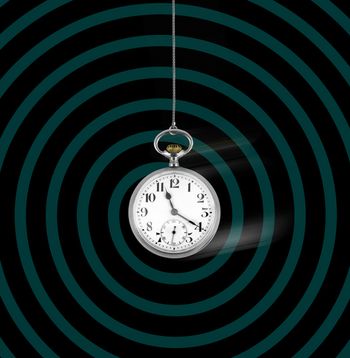
The thorny issue of “end-of-life care” is likely to remain controversial in the US, with physicians themselves holding a wide variety of views.

Hypomania is critical to rule out, but hard to pin down. In part 1 of this 2-part series, Dr. Aiken shares his top pearls for making the diagnosis.

Findings suggest that telemental health is not only effective for diagnosis and assessment across many populations and disorders in many settings, but it appears to be comparable to face-to-face care.

The authors argue that that stating that peer support “lacks evidence” is simply not accurate.

Here's where psychiatry extends beyond a medical setting into collaborative, innovative, and integrated models of care..

What factors predict if a homeless person will be able to engage in supported housing to attain and retain an apartment? What supportive services facilitate permanent exits from homelessness?

A multi-level, prevention-oriented approach that addresses poverty.
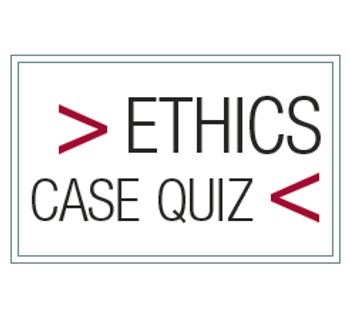
If you were the consultant, what issues might you raise in the cases discussed here?

This article present some of the highlights from talks and presentations at this year’s American Neuropsychiatric Association Annual Meeting.

The release of the book described here comes amid a rising understanding that although we are 60 years into the antipsychotic era, these medications only partly help people with schizophrenia.

An exploration of findings from contemporary research that hint at the unexplored hallucinogenic potential of ketamine and considerations for future investigation.

Handgrip is a simple proxy for muscular strength and a clinically useful measure of muscular function. What are the neurophysiologic underpinnings of the relationship between handgrip strength and cognition?
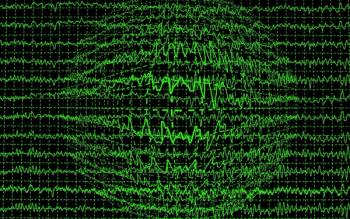
Schizophrenia and bipolar disorder are not diagnosable if the patient has epilepsy that produces hallucinations or delusions. This article describes how several such patients presented in psychiatric practice.

Medical students, psychiatry residents, and practicing psychiatrists from different backgrounds gathered with one purpose: “To increase awareness around the mental health needs of the 437,000 foreign nationals from 10 countries on Temporary Protected Status."

A clinical psychiatrist and medical ethicist reviews some of the history, the data, the emerging reality of a remarkable slippery slope, and some profound ethical concerns raised by these practices.

Practical tips on how to recognize the presentations and subtypes of OCD as well as treatment strategies associated with this challenging neuropsychiatric disorder.

Clinical features that guide the selection.
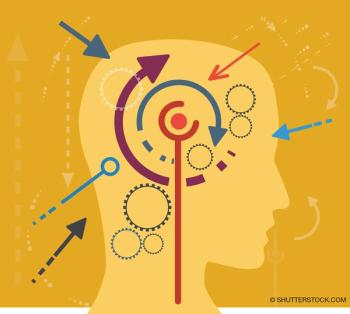
No better time than the summer to digest and reflect on the richness of our field and how we can implement advances in our own work.

Soaked in Mexican sunshine he’s powered back to the Berkshires, all the world’s yellow compressed into a firecracker...

Many people with psychiatric disorders engage in creative activities, from informal hobbies to highly accomplished careers, but some avoid treatment entirely. Two cases illustrate a nuanced approach that integrates medical knowledge with patients’ perspectives.

Research published more than 25 years ago was already reporting problems with opioid analgesics.

The author shines a light on a preventative treatment for both children and adults.